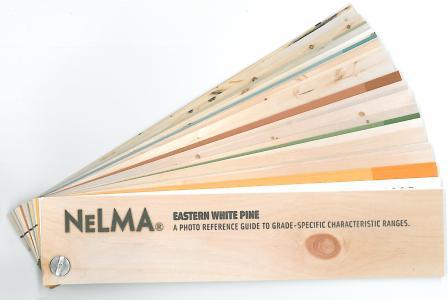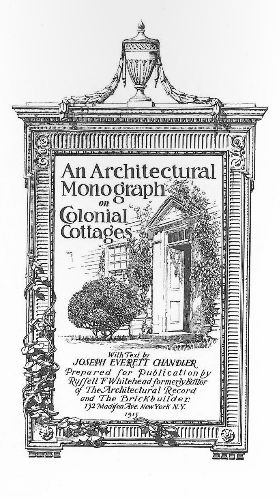
Looking sort of like a modern version of the famous “House of Seven Gables” in Massachusetts, a dramatic minimalist villa stands tall in a Swedish suburb. “Villa Amiri” by the architecture firm Bornstein Lyckefors is one of those houses that’s bound to draw sharp divisions in public opinion: those who think it’s cool, and those who think it’s creepy.


With its stark black silhouette rising tree stories into the air, there’s no doubt that the house is a bit intimidating. Its exterior consists of extra-long vertical pine timbers stretching from the ground all the way up to the sharp edges of the roofline, making it look even taller than it is. These lines are mimicked by the slats of louvered shutters covering some of the windows, and the fence boards that delineate the property lines.
But of course, it’s the black pine tar finish that gives Villa Amiri its most distinctive characteristic. Pine tar is a traditional Swedish method of preserving wooden facades and roofs, giving them protection against rain, snow and insects. Previously, we featured a small Chilean cabin finished in pine tar, but its facade was not quite as deep, dark black as this one. Pine tar or pine rosin is 100% organic and can be thinned 50/50 with purified raw linseed oil.


Inside Villa Amiri, the architects maintained a minimalist aesthetic with lots of black and white geometric lines and shapes, lightened up here and there by wood in natural tones. The result is somewhat less somber than the exterior, but still feels like it would fit right in as the setting for a Beetlejuice reboot.



